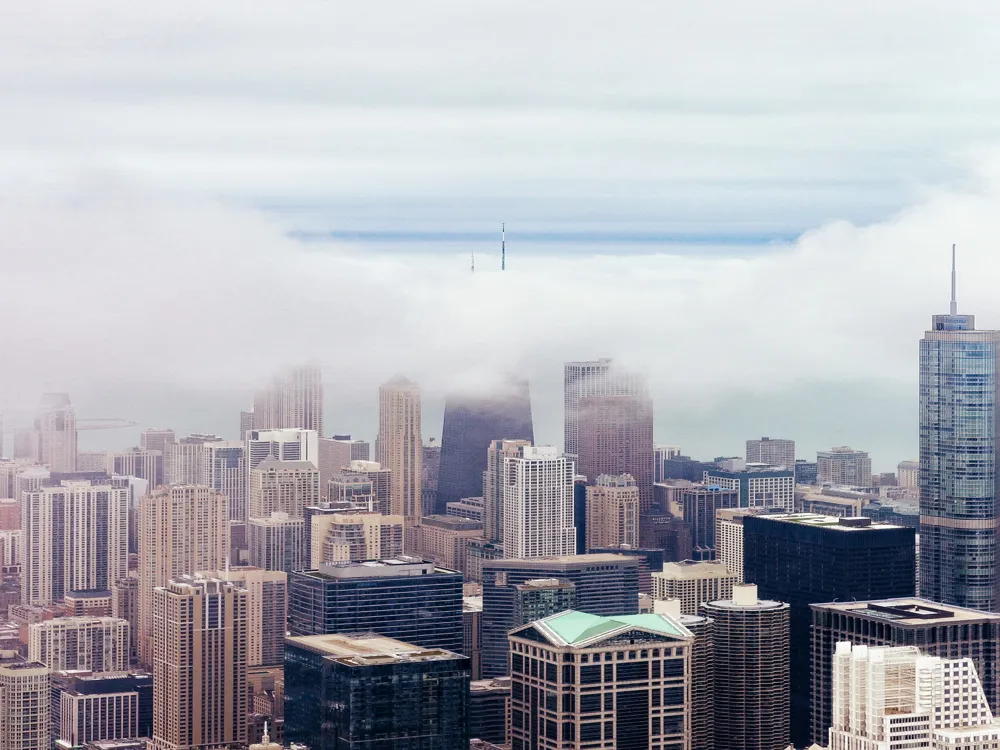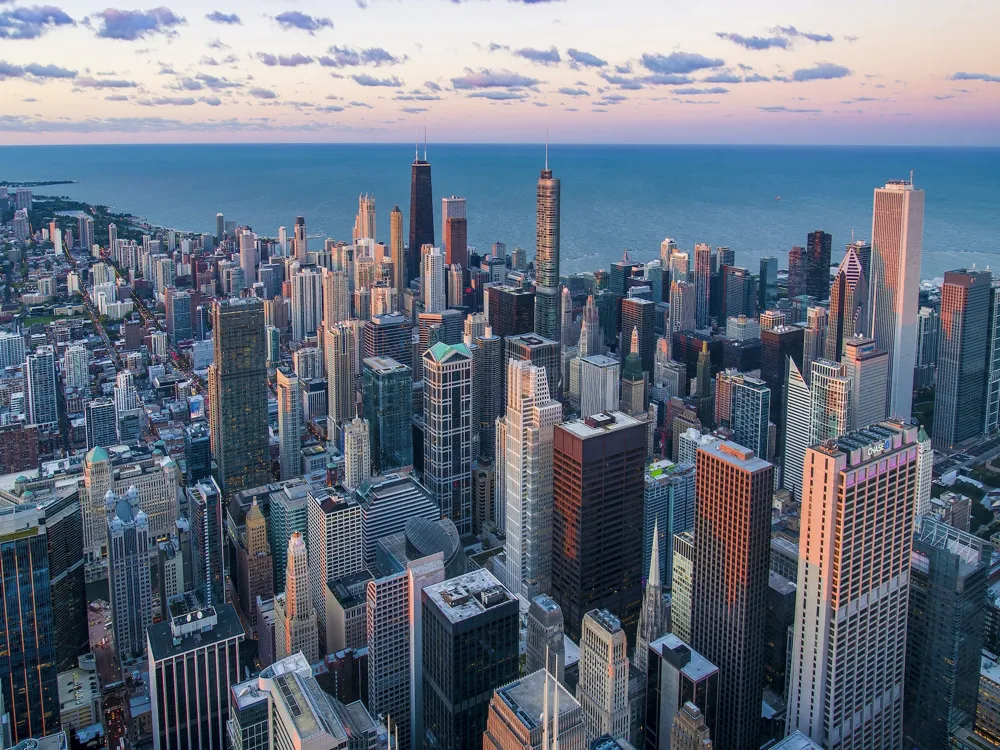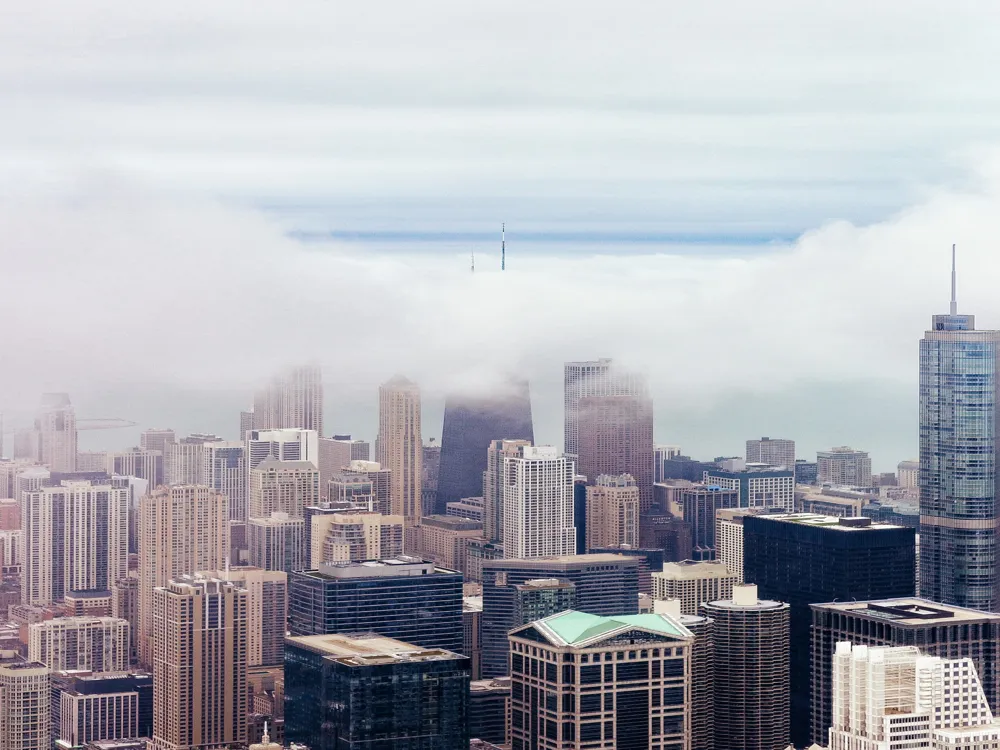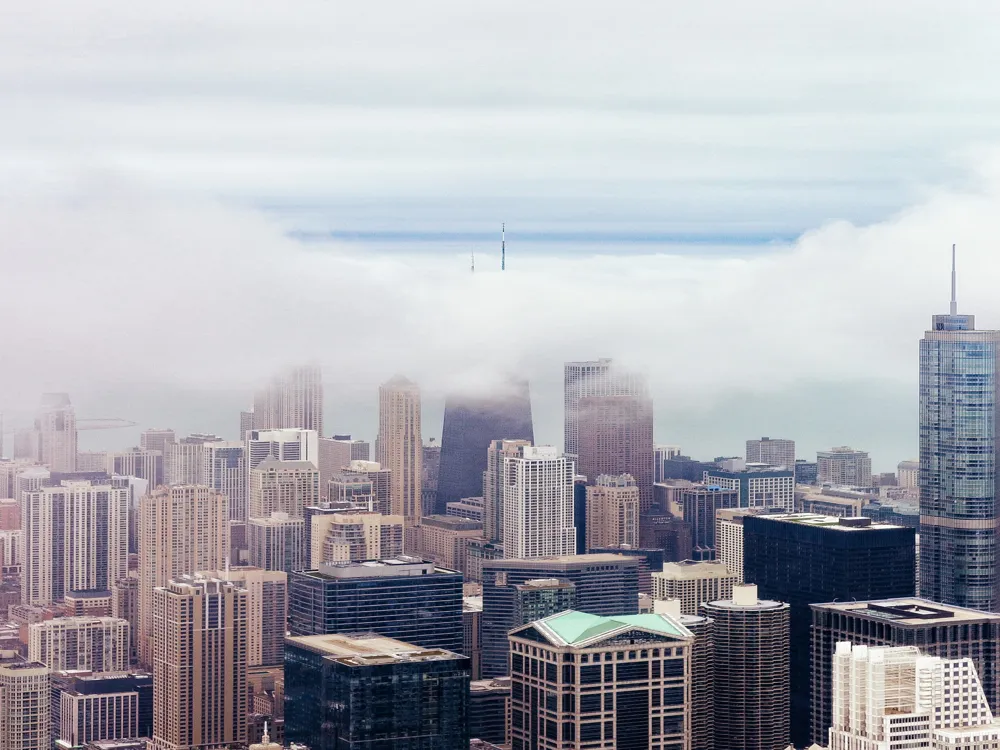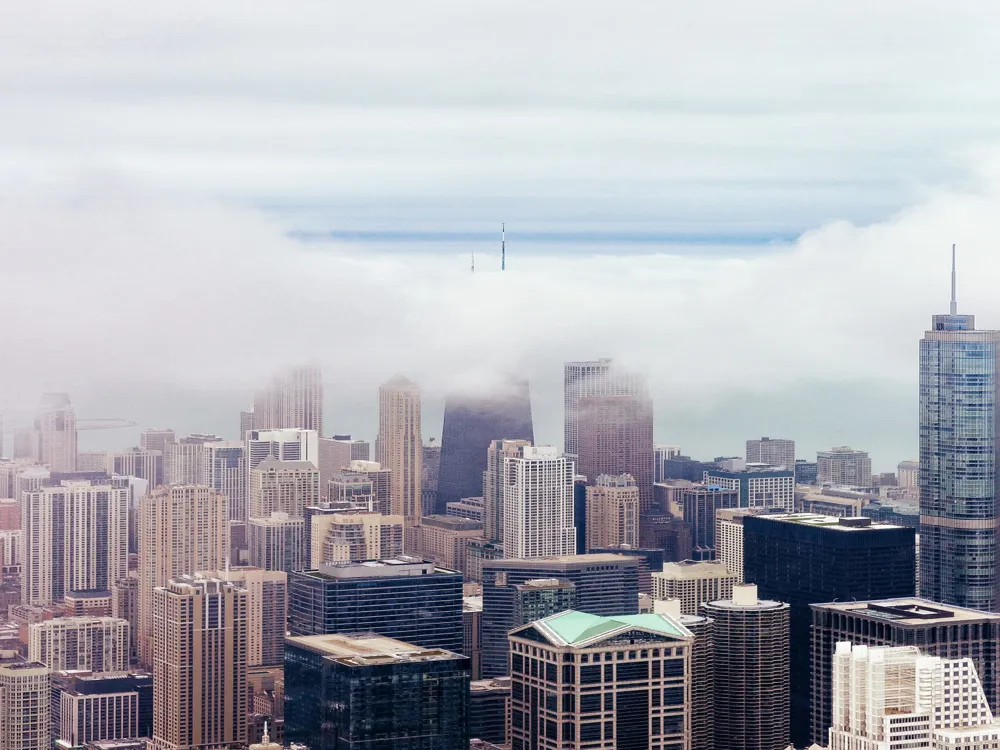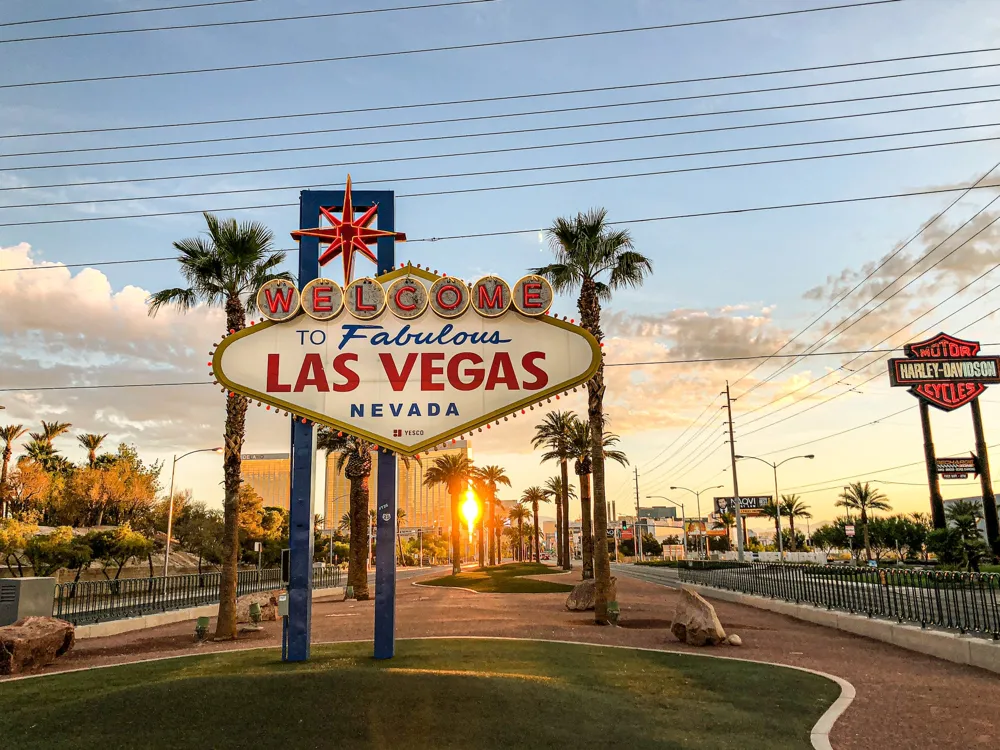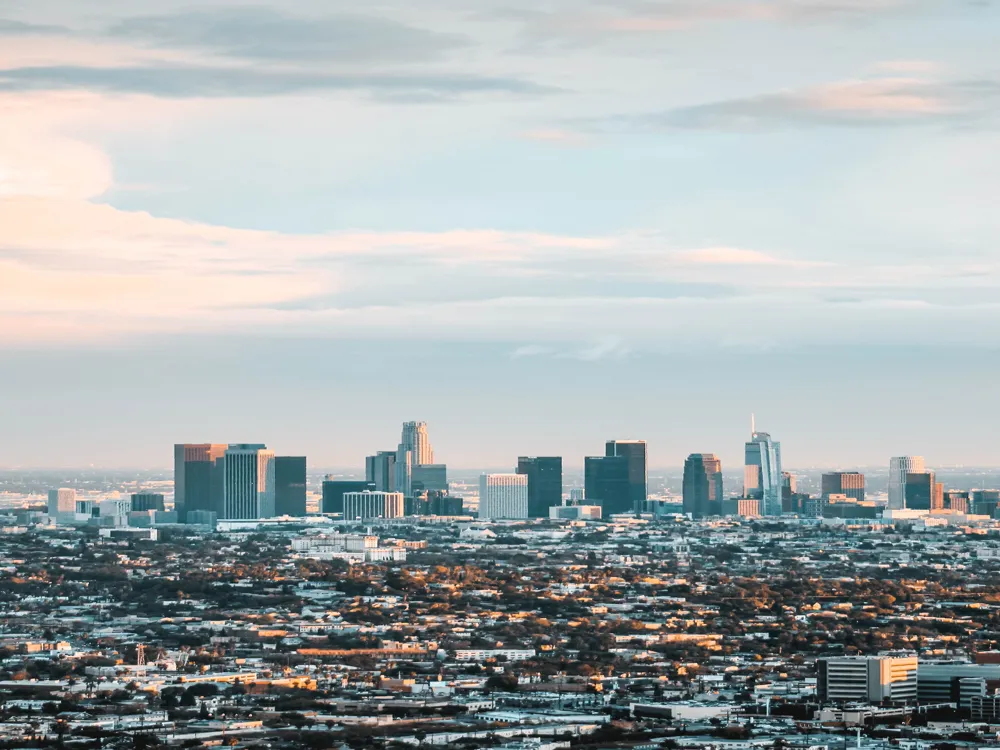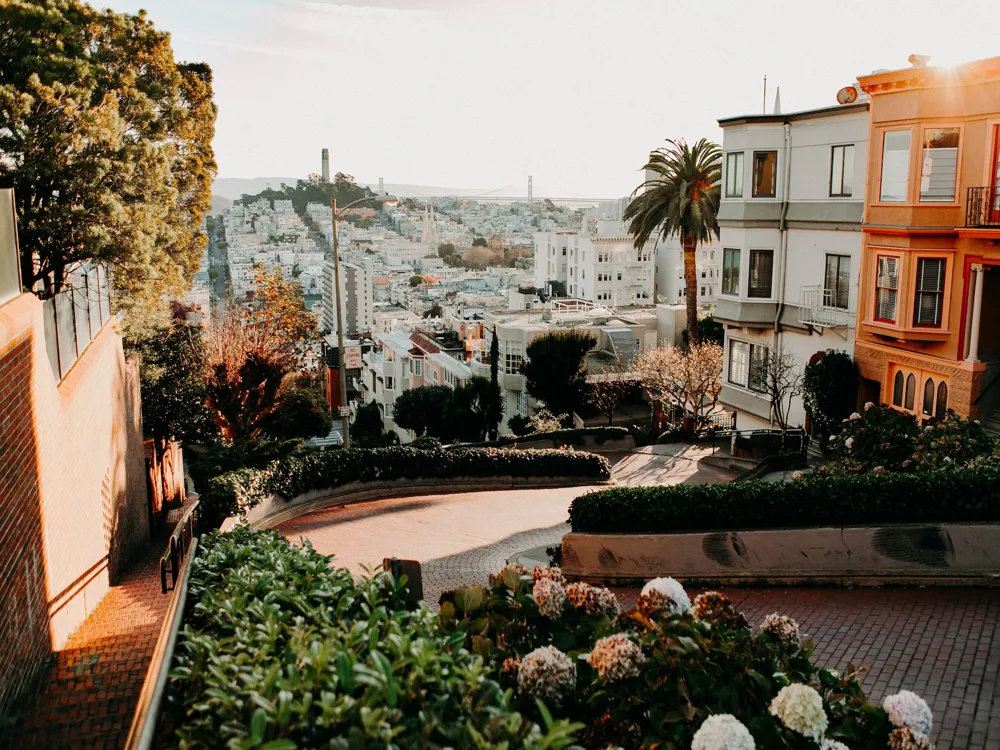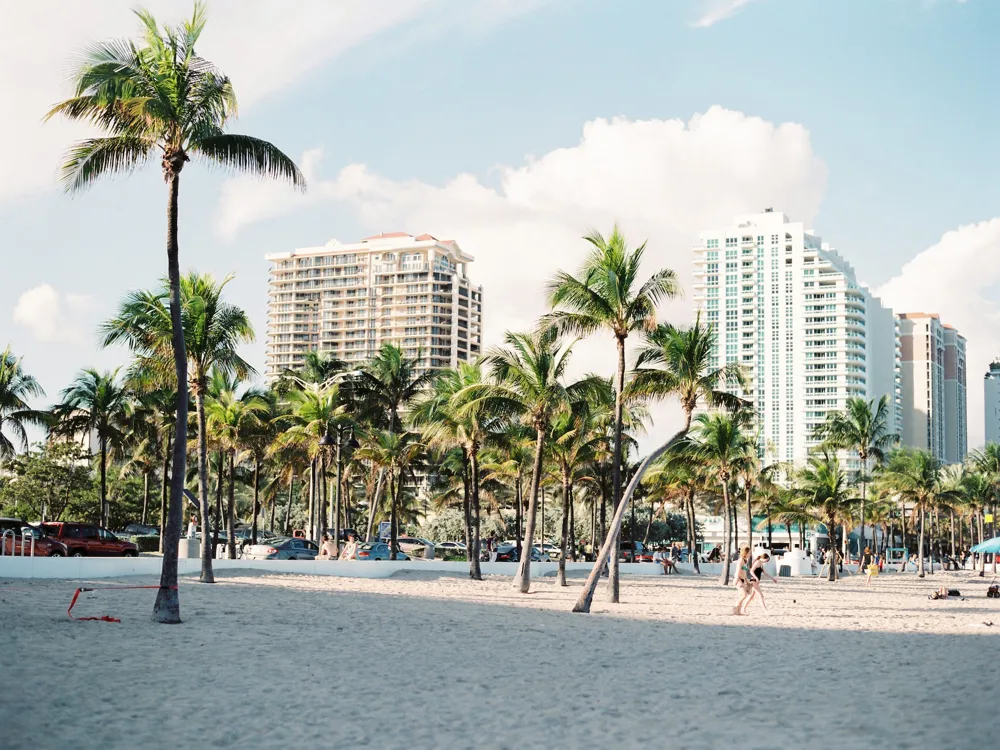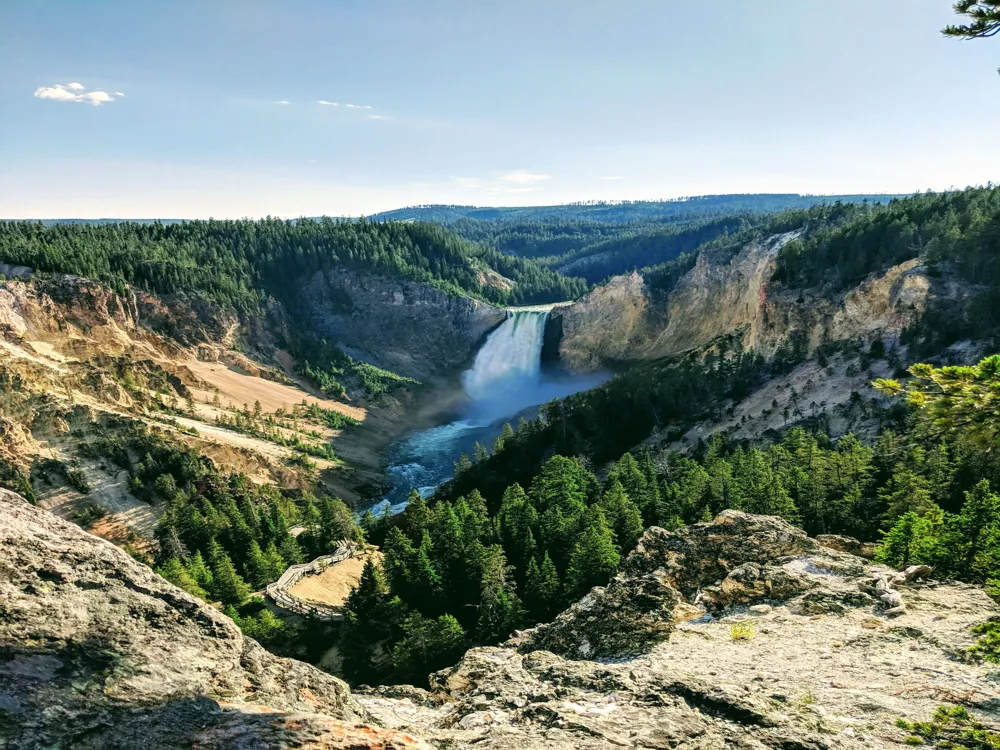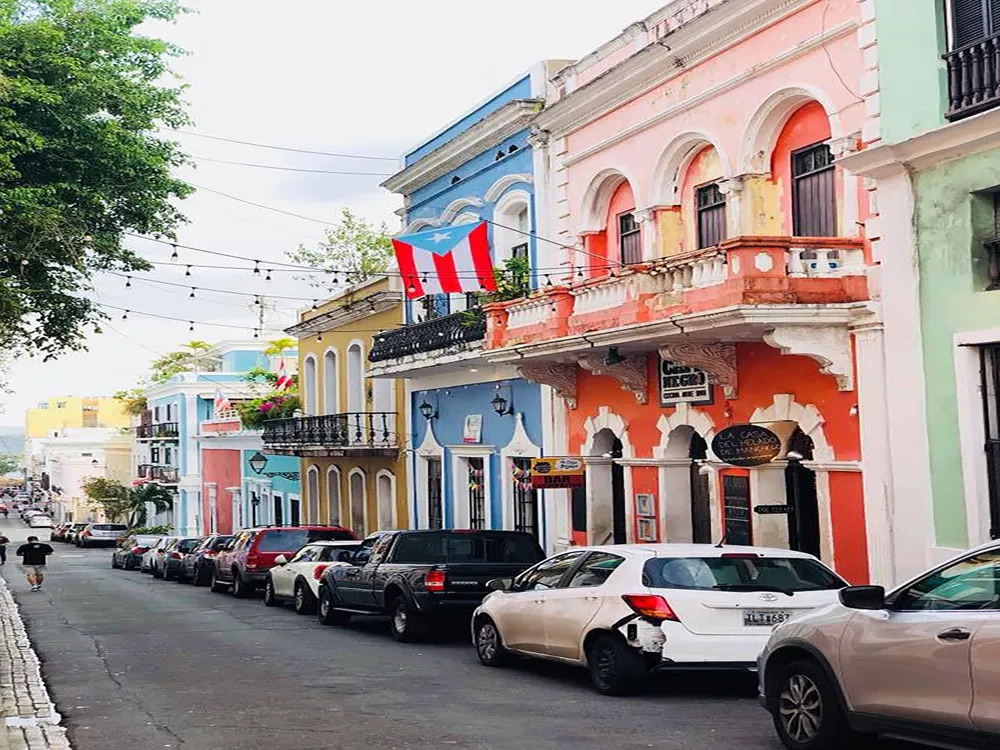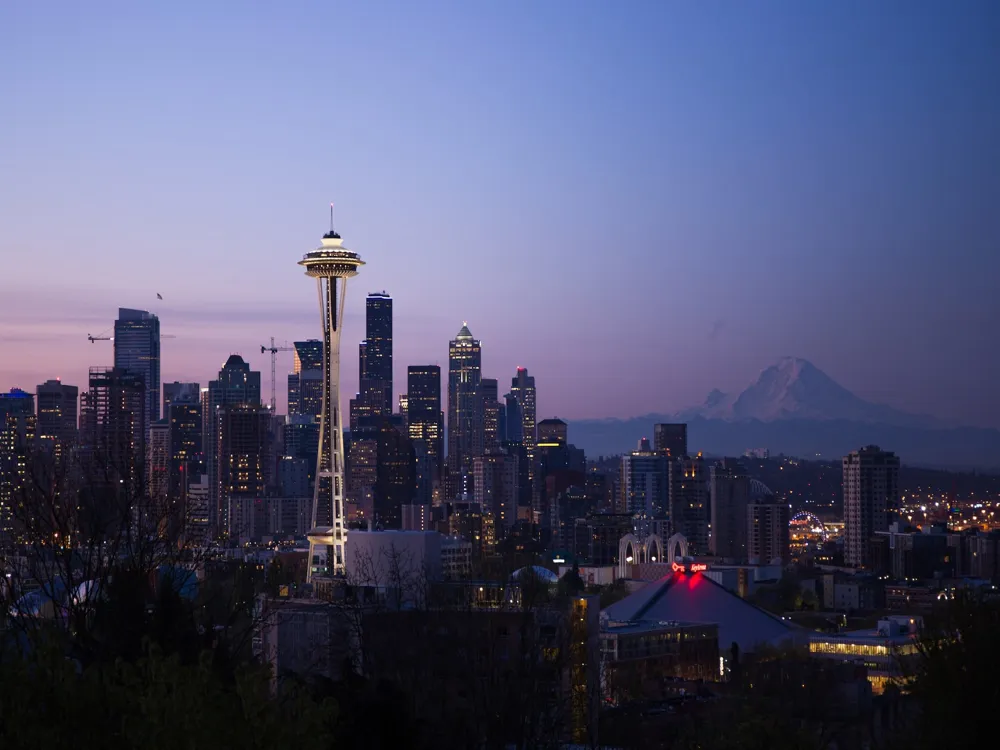The 606, an urban oasis in the heart of Chicago, Illinois, stands as a beacon of innovative urban planning and community rejuvenation. This elevated park and trail system, stretching across 2.7 miles, transforms the concept of city parks, merging recreation, art, and nature into a seamless experience. Originally an industrial rail line, The 606 has been repurposed into a vibrant green space that breathes new life into the city's northwest side. It connects four diverse neighborhoods - Wicker Park, Bucktown, Humboldt Park, and Logan Square - fostering a sense of community and offering residents and visitors alike a unique aerial perspective of the city's dynamic landscape. The trail, officially known as the Bloomingdale Trail, is the centerpiece of The 606, adorned with lush landscaping, art installations, and various recreational facilities, making it a symbol of urban transformation and a testament to Chicago's commitment to innovative public spaces. The 606's history dates back to the late 19th century when it was an active rail line, vital for Chicago's booming industrial sector. As the years passed and the industrial landscape evolved, the rail line fell into disuse, leaving a stretch of untapped potential in the heart of the city. In the early 2000s, a visionary plan was set in motion to transform this former industrial artery into a communal green space. This project, completed in 2015, has since emerged as a model for urban renewal, blending history with modern urban design. The 606 is not just a park; it's a community connector, a cultural hub, and an outdoor gallery that celebrates the city's rich history and diverse cultural tapestry. The architecture of The 606 reflects a harmonious blend of urbanity and nature. Designed by a team of renowned architects and landscape designers, the trail features a linear path elevated above the city streets, offering a unique vantage point and a serene escape from the urban bustle. The design philosophy behind The 606 emphasizes sustainability, accessibility, and community engagement. The architects meticulously preserved the historical integrity of the original railway while infusing contemporary design elements to create a space that feels both timeless and modern. The trail's layout is thoughtfully interspersed with various landscapes, ranging from prairie grasses and wildflowers to tree-lined groves, creating a biodiverse environment that supports local wildlife and offers an ever-changing natural scenery. Art installations and murals along the trail showcase the work of local artists, adding a layer of cultural depth to the architectural design. The parks connected by The 606, including the spacious Walsh Park at the trail's eastern end and the charming Churchill Field Park, further highlight the architectural ingenuity, with each offering unique features like observatories, event spaces, and play areas. The trail's design also prioritizes eco-friendly practices, such as rainwater capture systems and energy-efficient lighting, making The 606 a model for sustainable urban development. Spring and fall are ideal for visiting The 606, offering pleasant temperatures and the beauty of seasonal changes. Early mornings are less crowded, providing a tranquil experience. Comfortable walking shoes, water, sunscreen, and a camera are essentials. For a picnic, bring snacks or a light meal to enjoy at one of the many scenic spots. Check the official 606 website for scheduled events, guided tours, and art exhibitions. The 606 is also great for jogging, biking, and bird watching. Keep The 606 clean and enjoyable for everyone by disposing of trash properly, staying on designated paths, and respecting the natural areas and art installations. Reaching The 606 is convenient via multiple modes of transportation. By public transit, the Blue Line of the Chicago 'L' has stations close to the trail's access points. For those driving, street parking is available near the trail, though it is limited. Biking to The 606 is also a popular option, with bike-friendly streets leading to the park and bike racks available along the trail. Additionally, various bus routes serve the neighborhoods surrounding The 606, making it easily accessible from different parts of the city.Overview of The 606 in Chicago, Illinois
Architecture of The 606
Tips When Visiting The 606
Best Time to Visit
What to Bring
Activities and Events
Respecting the Space
How To Reach The 606
The 606
Chicago
Illinois
NaN onwards
View chicago Packages
Weather :
Tags : Garden & Park
Timings : Sunday-Saturday-9:00am to 5:00pm
Nearest Subway : Conservatory Central Park Drive
Main attractions : Garfield Park Fieldhouse, the Art Institute of Chicago, Garfield Park Conservatory
Wheelchair accessibility : Yes
Pet Friendly : Yes
Grab a bite : Lola’s Coney Island, CJ’s eatery, Haywood Tavern
Planning a Trip? Ask Your Question
Chicago Travel Packages
View All Packages For Chicago
Top Hotel Collections for Chicago

Private Pool

Luxury Hotels

5-Star Hotels

Pet Friendly
Top Hotels Near Chicago
Other Top Ranking Places In Chicago
View All Places To Visit In chicago
View chicago Packages
Weather :
Tags : Garden & Park
Timings : Sunday-Saturday-9:00am to 5:00pm
Nearest Subway : Conservatory Central Park Drive
Main attractions : Garfield Park Fieldhouse, the Art Institute of Chicago, Garfield Park Conservatory
Wheelchair accessibility : Yes
Pet Friendly : Yes
Grab a bite : Lola’s Coney Island, CJ’s eatery, Haywood Tavern
Planning a Trip? Ask Your Question
Chicago Travel Packages
View All Packages For Chicago
Top Hotel Collections for Chicago

Private Pool

Luxury Hotels

5-Star Hotels

Pet Friendly







